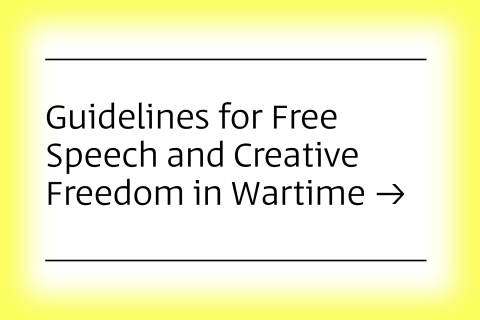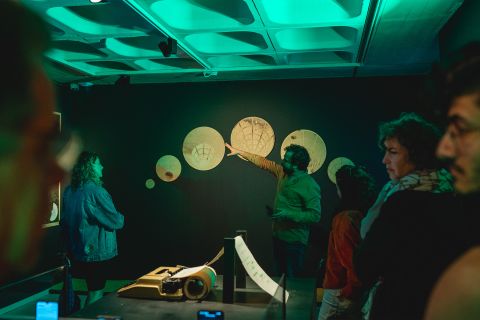The course will reflect on futuristic thinking in art and explore political imagination, examining its manifestations in diverse mediums and areas of thought, between theory, photography, design, architecture and art. Faced with challenging times, in which the polarization between communities and individuals is increasing and dichotomous concepts of identity are taking hold, course Jerusalem Futurism seeks to imagine other futures in a way that will develop critical thinking and sensitivity to others, inspire hope and encourage civic involvement.
During the course we will examine the concept of futurism, from its historical origins to its contemporary incarnations as Afro-futurism and Arab-futurism. We will discuss how these movements developed in relation to identity and place, and as ways through which the future can be imagined speculatively. We will explore various sources and look at multidisciplinary examples including literature, music, cinema, design, architecture and art, with a special emphasis on photography and the moving image. Through examining the historical contexts, as well as the conditions that enable the current rise of these movements, we will think about how they relate to life in the Middle East. Finally, we will imagine what Jerusalem futurism might look like, thinking about technological developments and futuristic ways of thinking on the one hand, and on political archeology of the past on the other hand. During the course, various exercises will be given, along with joint reading of texts. The students will work in multidisciplinary teams throughout the semester to create the final art or design works that will be presented in an exhibition accompanied by a text written by the students.
The course will reflect on futuristic thinking in art and explore political imagination, examining its manifestations in diverse mediums and areas of thought, between theory, photography, design, architecture and art. Faced with challenging times, in which the polarization between communities and individuals is increasing and dichotomous concepts of identity are taking hold, course Jerusalem Futurism seeks to imagine other futures in a way that will develop critical thinking and sensitivity to others, inspire hope and encourage civic involvement.
During the course we will examine the concept of futurism, from its historical origins to its contemporary incarnations as Afro-futurism and Arab-futurism. We will discuss how these movements developed in relation to identity and place, and as ways through which the future can be imagined speculatively. We will explore various sources and look at multidisciplinary examples including literature, music, cinema, design, architecture and art, with a special emphasis on photography and the moving image. Through examining the historical contexts, as well as the conditions that enable the current rise of these movements, we will think about how they relate to life in the Middle East. Finally, we will imagine what Jerusalem futurism might look like, thinking about technological developments and futuristic ways of thinking on the one hand, and on political archeology of the past on the other hand. During the course, various exercises will be given, along with joint reading of texts. The students will work in multidisciplinary teams throughout the semester to create the final art or design works that will be presented in an exhibition accompanied by a text written by the students.





